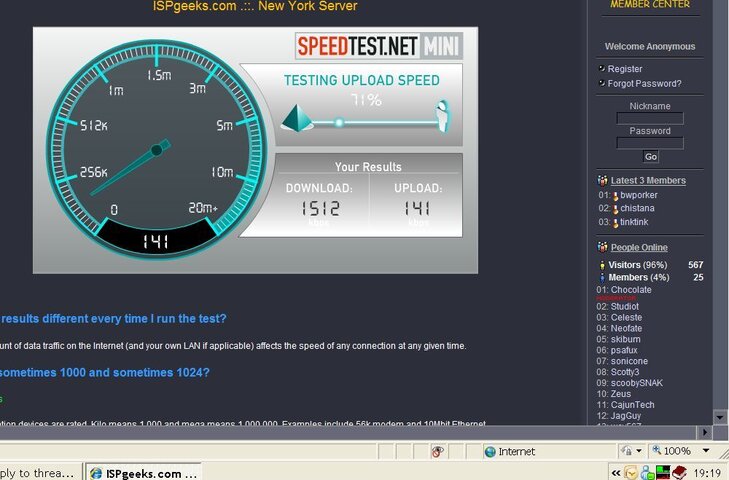Maybe it looks like that to you, but that's not really what's happening. Remember, this is burst transmission shared bandwidth - so a highly interrupted serial bitstream is the rule rather than the exception. Whereas it may appear as dropped packets to you, it's actually gaps in the burst transmissions. Think of it as a buncha folks lined up outside a buffet restaurant at dinner time. They get let in to feed - one at a time - then are seated at a common table to eat. But don't even think about getting up to pee, cuz the next guy in line will jump right in your seat. You have to go to the back of the line and work your way forward again. This can happen even while the distant server is waiting for an ACK. If someone else gets your slot, it looks like a NACK to the distant server. To mix the metaphors even more, the longer the queue - the greater the (time) gap between individual customer bursts.
With satcom, the problem is compounded by varying transmit signal strengths. The guy with the strongest carrier can actually have the effect of bumping weaker ones out of the queue. This also goes back to where I said the simple throughput over time method is all but useless for us. It often counts the initial lag (latency) - and the dead spots between bursts - against the time component.
And that's just the gateway server. That's where the packet headers are read, then prioritized/routed according to protocol detected. Most go first to a DNS server, HTTP also goes through a HPEP server (accelerator), everything else (FTP, UDP, etc) gets pushed out into the internet. The stuff that the consumer grade providers don't like (P2P, VoIP, streaming, etc) gets treated like the proverbial stepchild, receiving lower processing priority. I guess the corporate logic is that if they render the performance of this kinda stuff so poor, some "bandwidth hogs" may just give up trying to use it over satellite.
On the flip side, this is all technically reversible. For those willing to pony up the bucks, business grade service (as opposed to consumer grade) can actually be customized to prioritize by specific protocols. One can specify VPN and/or VoIP acceleration (as opposed to suppression), even HTTPS acceleration can be made available. Keep in mind I'm speaking of outfits like Hughes and iDirect. I don't think what Wildblue VARs sell as business/enterprise service is that technically advanced yet
//greg//


